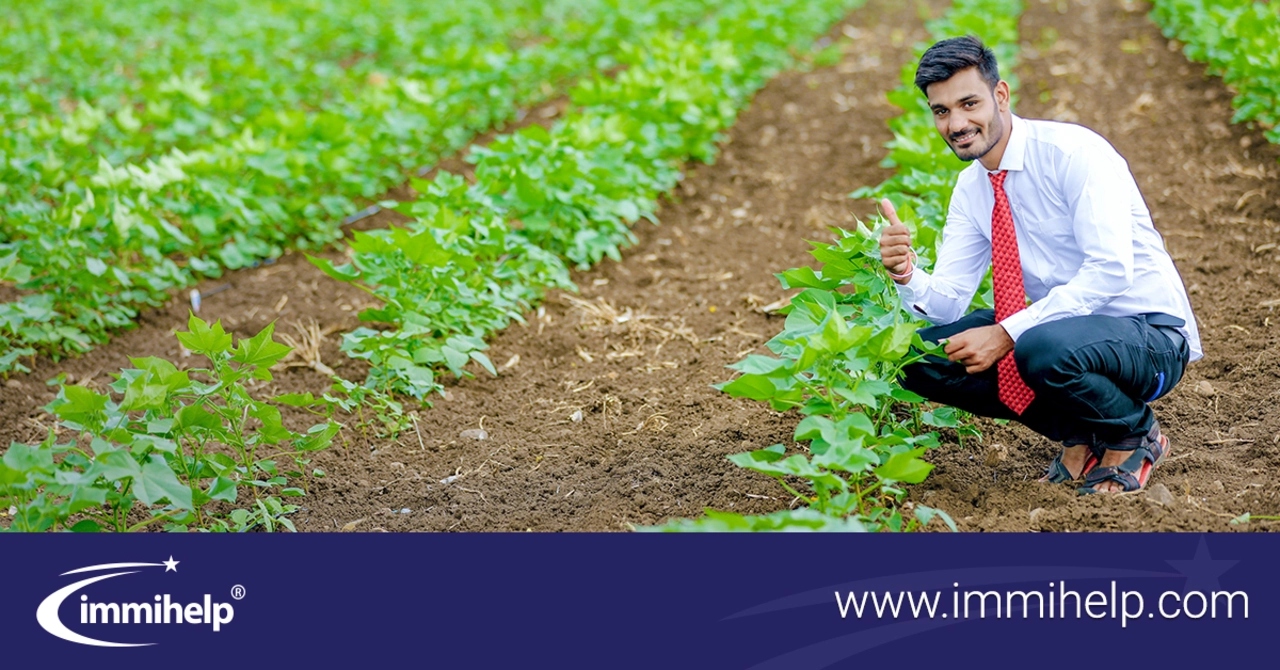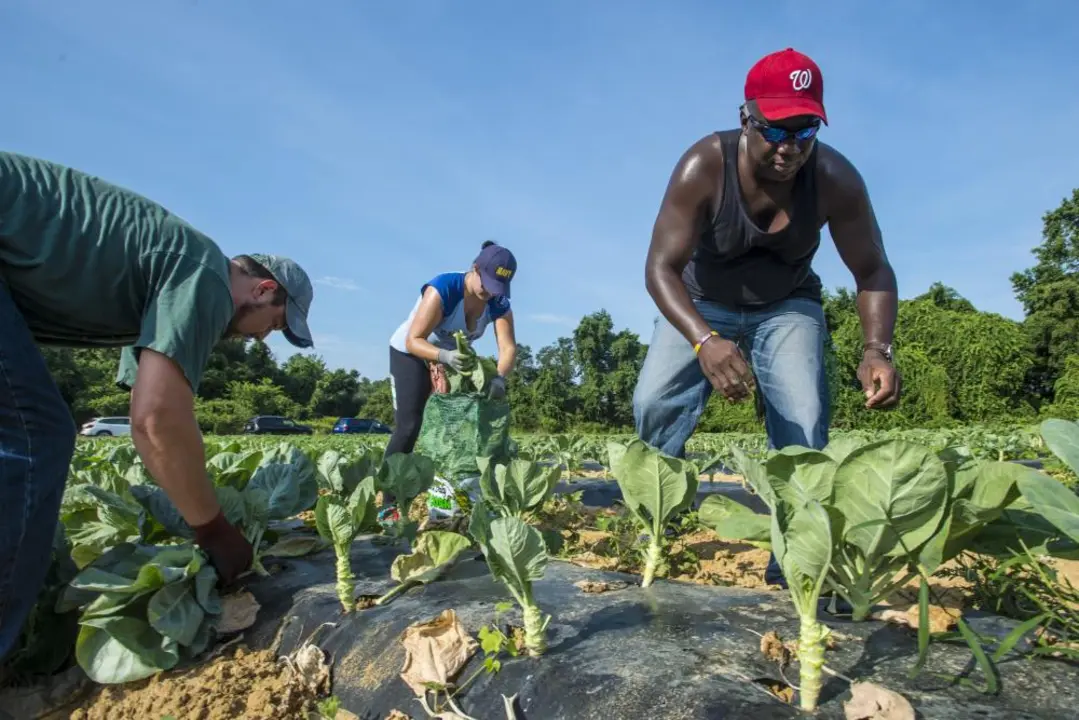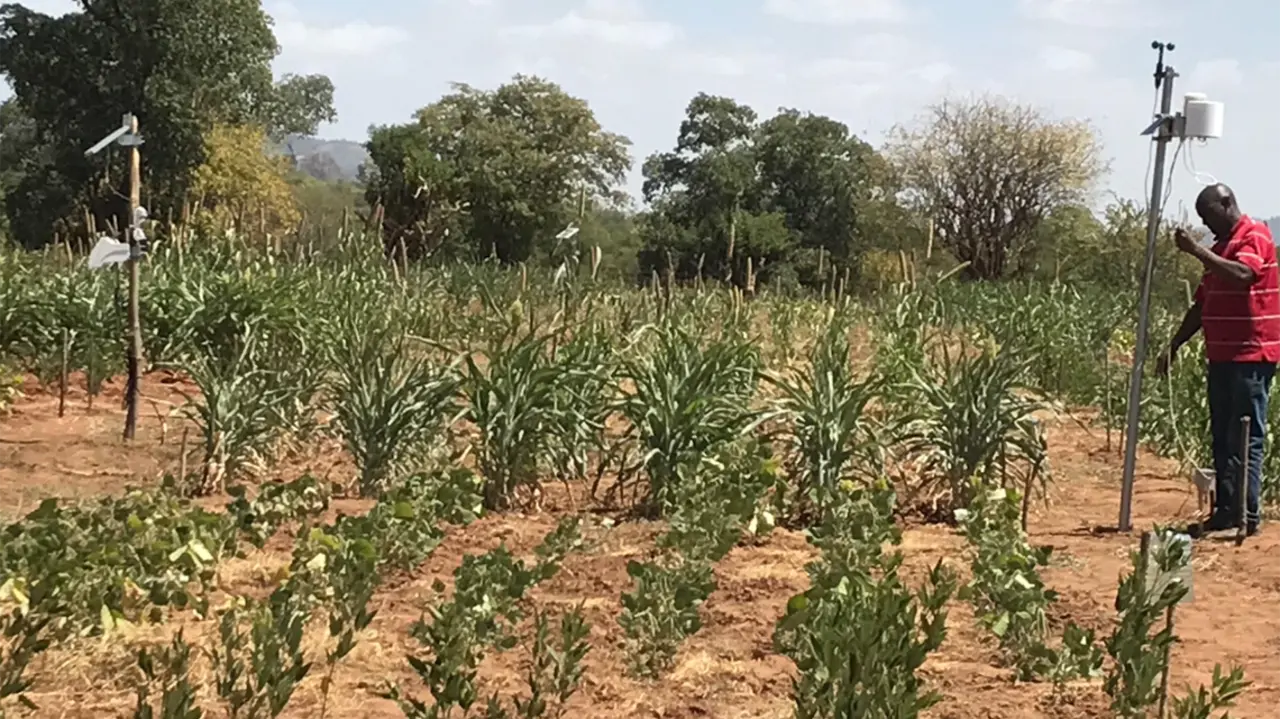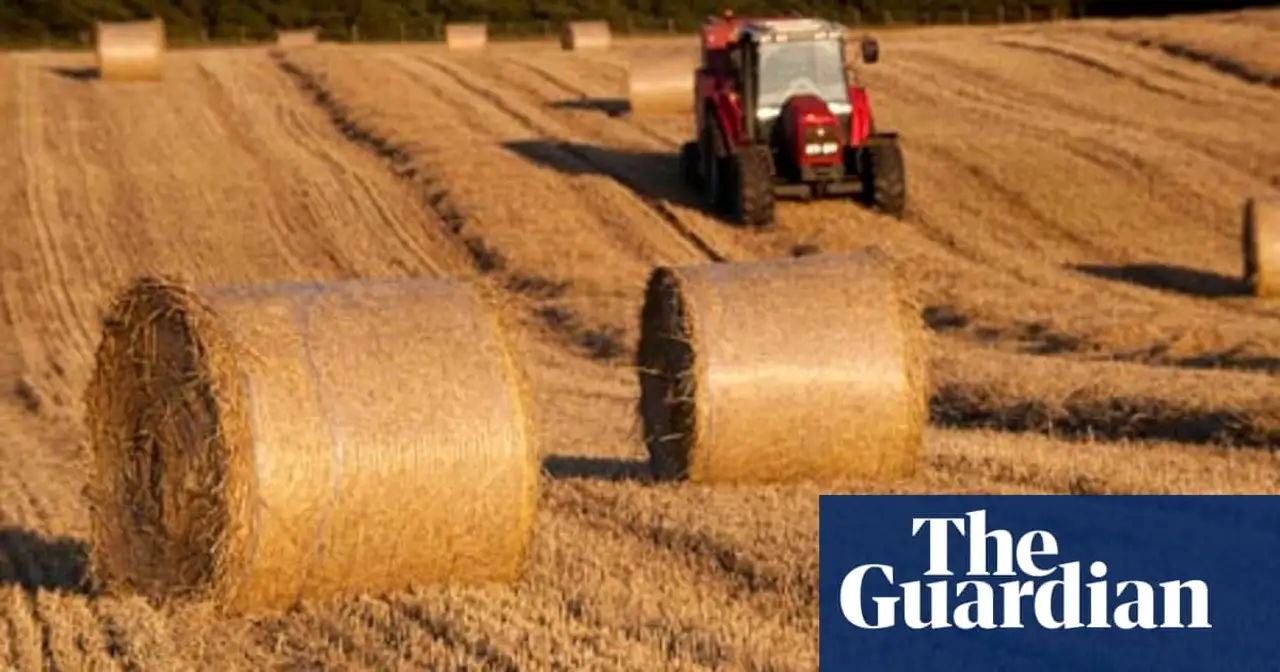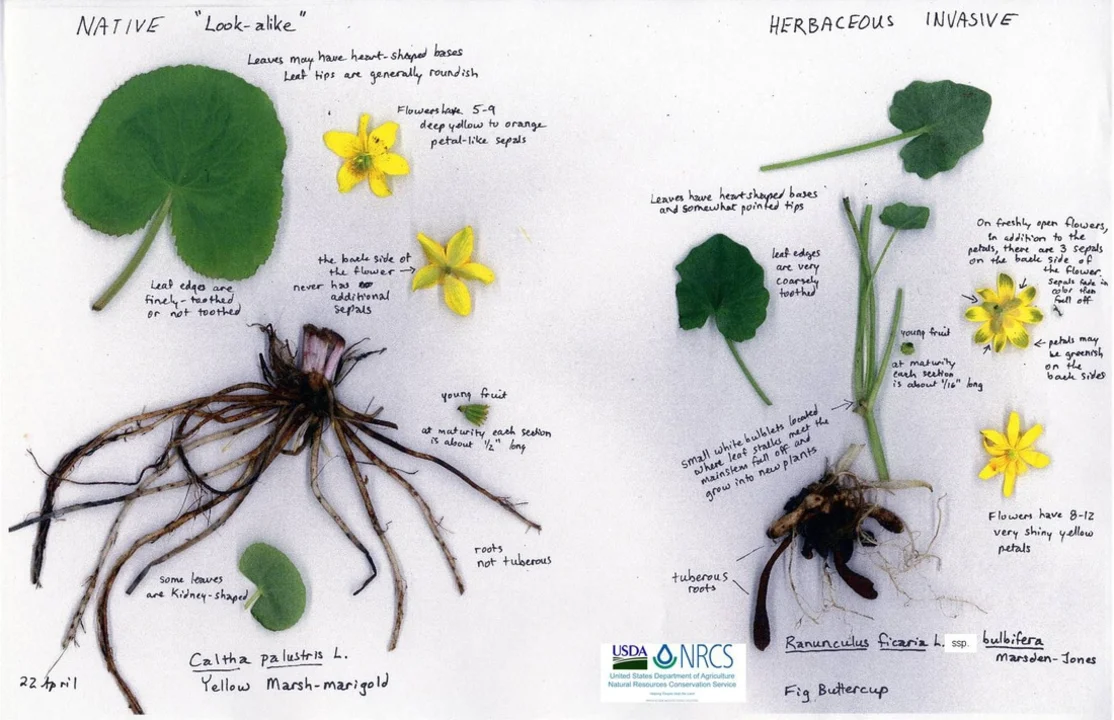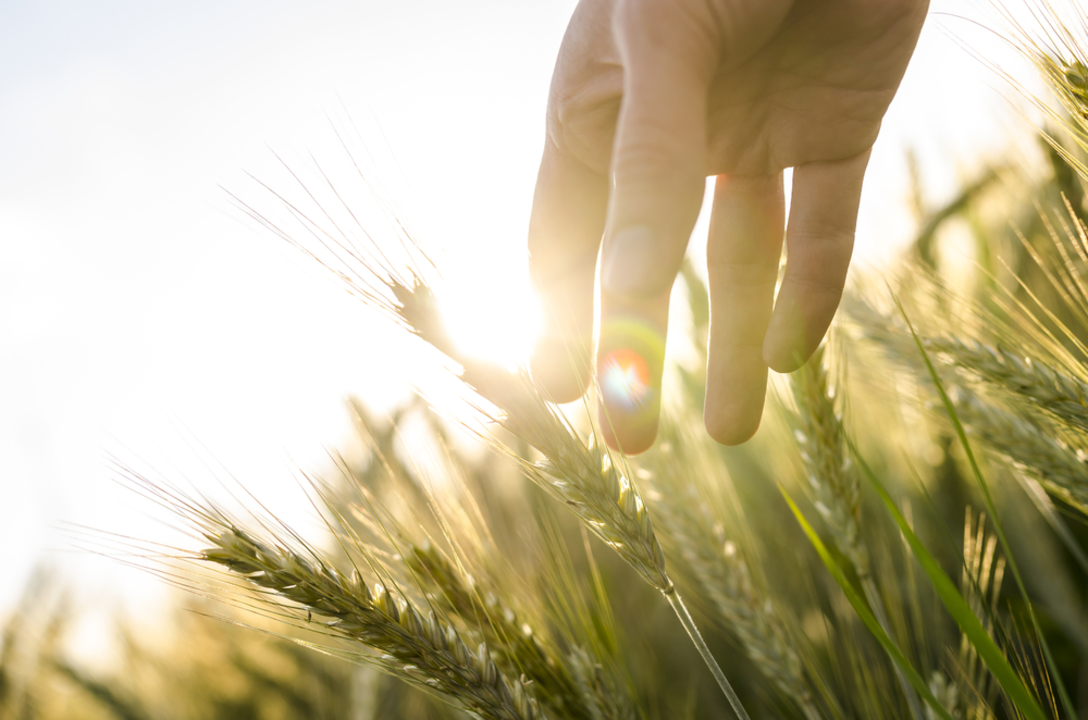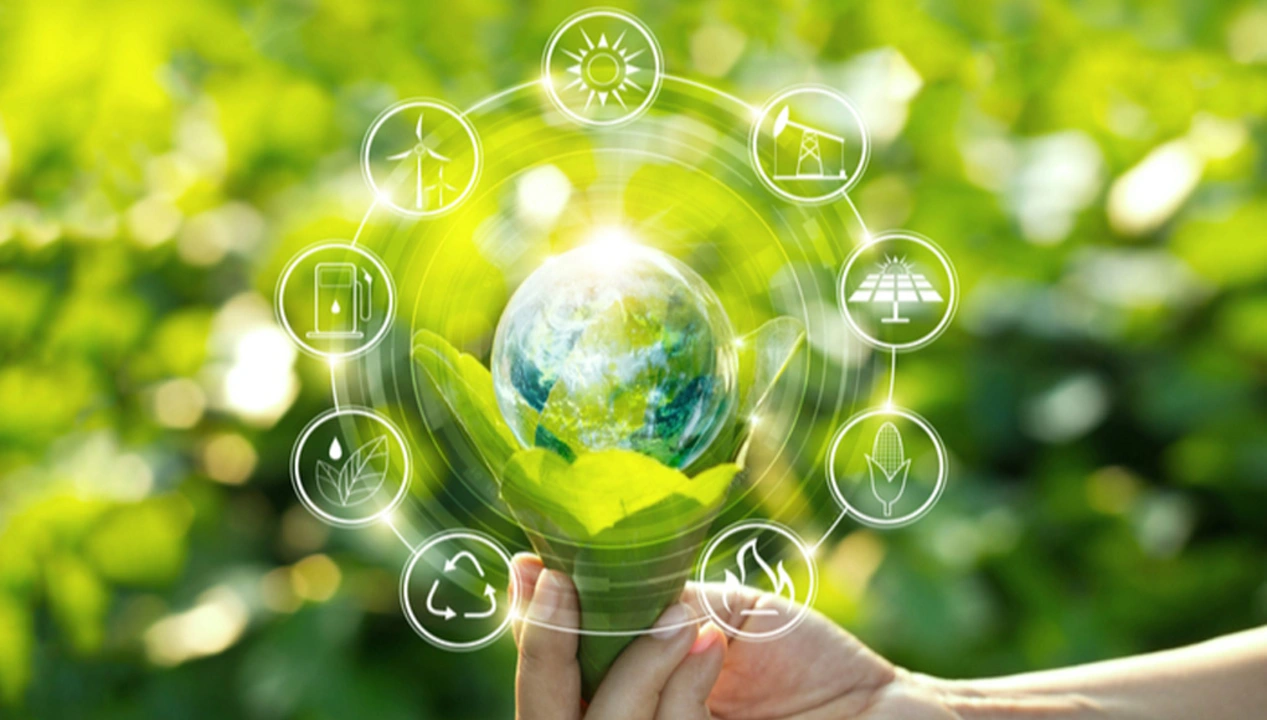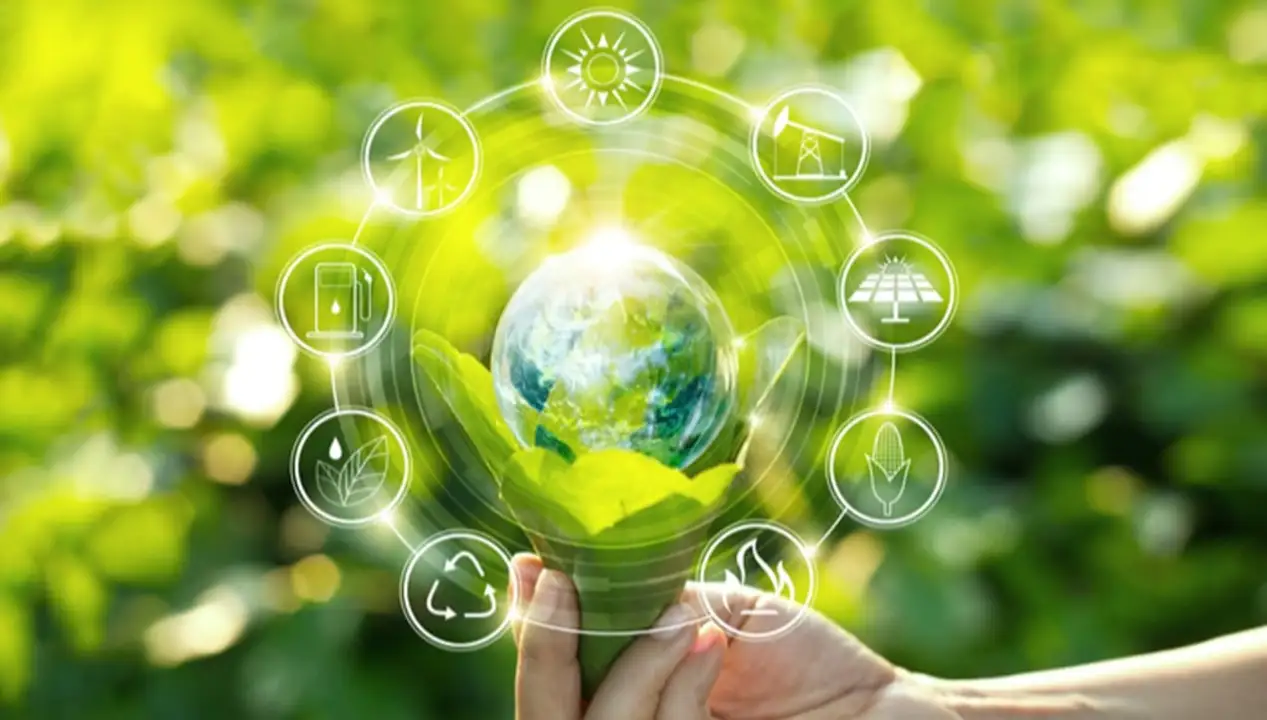Can an Indian buy an agriculture land in US?
It is possible for an Indian citizen to purchase agricultural land in the United States, however there are certain regulations that must be adhered to. Depending on the state, there may be additional restrictions for foreign citizens, so it is important to research the local laws before proceeding. Generally, the buyer will need to obtain a visa or work permit and prove their financial stability. Furthermore, taxes and fees may apply when purchasing the land. With careful planning, Indians can make their dream of owning agricultural land in the US a reality.
- Mar, 31 2023
- 0 Comments
